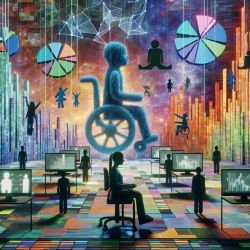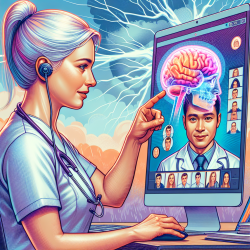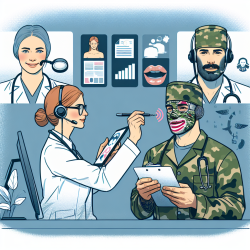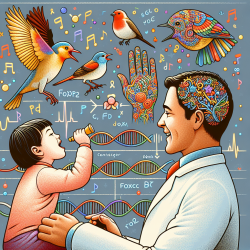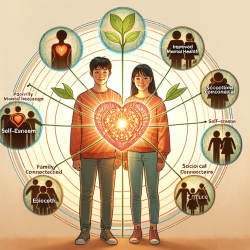Introduction to TARA
Adolescent depression is a significant concern, with major depressive disorder (MDD) affecting 8-20% of youth. Traditional treatments, such as cognitive behavioral therapy (CBT) and antidepressants, have shown limited success. The research article "The development of an RDoC-based treatment program for adolescent depression: Training for Awareness, Resilience, and Action (TARA)" introduces a novel approach grounded in the Research Domain Criteria (RDoC) of the National Institute of Mental Health.
The TARA Model
TARA is a semi-manualized, progressive treatment program designed for a group setting, conducted over 12 weeks. It integrates mindfulness, yoga, and modern psychotherapeutic techniques to address adolescent depression's neurobiological underpinnings. The program prioritizes domains of function driving the psychopathology of depression, focusing on bottom-up strategies like vagal afference to decrease limbic hyperactivation.
Key Components of TARA
- Mindfulness and Yoga: These practices form the core of TARA, promoting awareness and resilience through structured sessions.
- Module-Based Approach: TARA's module-based design allows for flexibility and adaptability, focusing on calming the mind, attending to inner experiences, and regulating emotions.
- Group Sessions: Conducted weekly, these sessions encourage peer support and shared learning experiences.
Implications for Practitioners
Practitioners can enhance their therapeutic approaches by integrating TARA's strategies. The focus on developmental neurobiology and the RDoC framework provides a comprehensive understanding of adolescent depression. Implementing TARA can lead to improved outcomes for young patients, offering a more personalized and effective treatment pathway.
Encouraging Further Research
The TARA model is an invitation for practitioners to explore and contribute to the evolving field of adolescent mental health treatment. By engaging with the TARA framework, professionals can participate in ongoing research efforts to refine and expand this innovative approach.
To read the original research paper, please follow this link: The development of an RDoC-based treatment program for adolescent depression: “Training for Awareness, Resilience, and Action” (TARA).



